How does aluminum extrusion work?
Extrusion Defined. Extrusion is defined as the process of shaping material, such as aluminum, by forcing it to flow through a shaped opening in a die. Extruded material emerges as an elongated piece with the same profile as the die opening.
Does extruded aluminum rust?
It’s non-corrosive—Aluminum does not rust. It’s protected by its own naturally occurring oxide film, a protection that can be further enhanced by anodizing or other finishing techniques. It conducts heat—Based on weight and overall cost, aluminum conducts heat (and cold) better than other common metals.
What is Aluminium extrusion scrap 6063?
We offer high quality range of Aluminium Extrusion Scrap (6063). It is available as per the industry norms to meet the diverse needs of our clients. It is mainly consisting of new, clean uncoated aluminum castings, forgings and extrusions of 6000 series aluminum alloy free from iron, dirt and other impurities.
What extrusion means?
Extrusion is a process used to create objects of a fixed cross-sectional profile. A material is pushed through a die of the desired cross-section. … The extrusion process can be done with the material hot or cold.
What is aluminum extrusion used for?
What is Aluminum Extrusion? Aluminum extrusion is a technique used to transform aluminum alloy into objects with a definitive cross-sectional profile for a wide range of uses. The extrusion process makes the most of aluminum’s unique combination of physical characteristics.
How is aluminum made?
Primary production is the process through which new aluminum is made (versus secondary production, in which existing aluminum is recycled into pure metal). … Once mined, aluminum within the bauxite ore is chemically extracted into alumina, an aluminum oxide compound, through the Bayer process.
Is extruded aluminum strong?
This makes it easier to handle and less expensive to ship. It’s strong—Aluminum profiles can be made as strong as needed for most applications. Cold-weather applications are particularly well-served by aluminum because, as temperatures fall, aluminum actually becomes stronger. It’s non-corrosive—Aluminum does not rust.

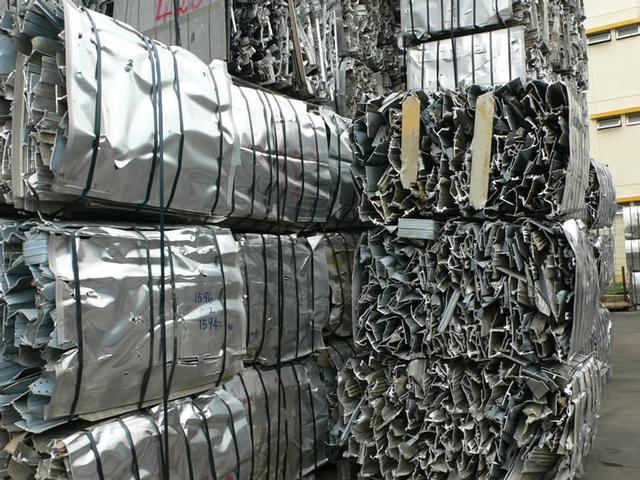
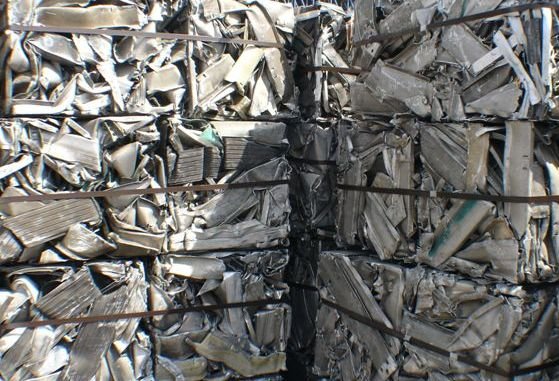
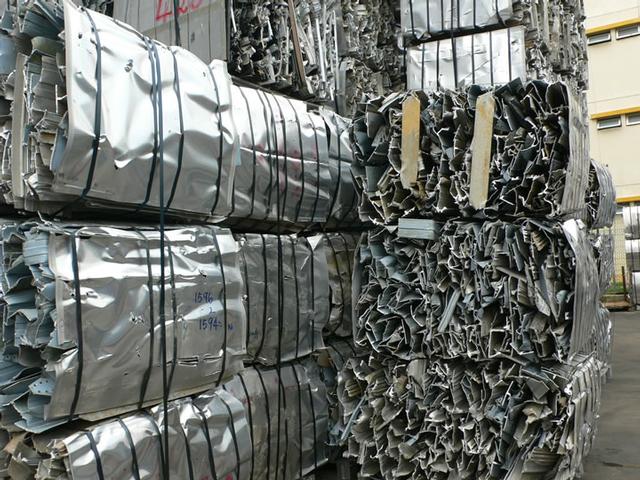
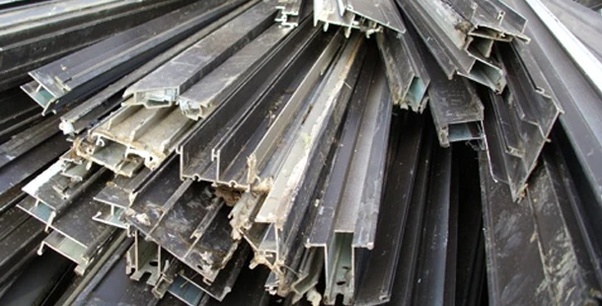
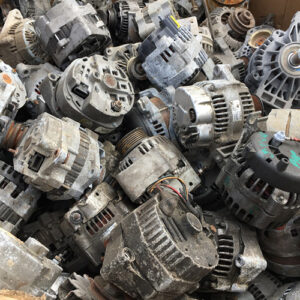
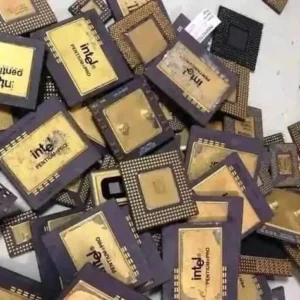
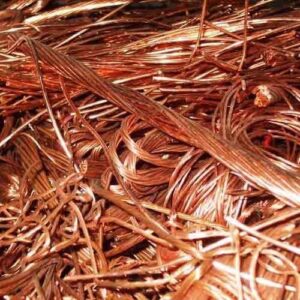
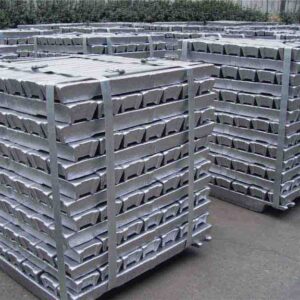
Reviews
There are no reviews yet.